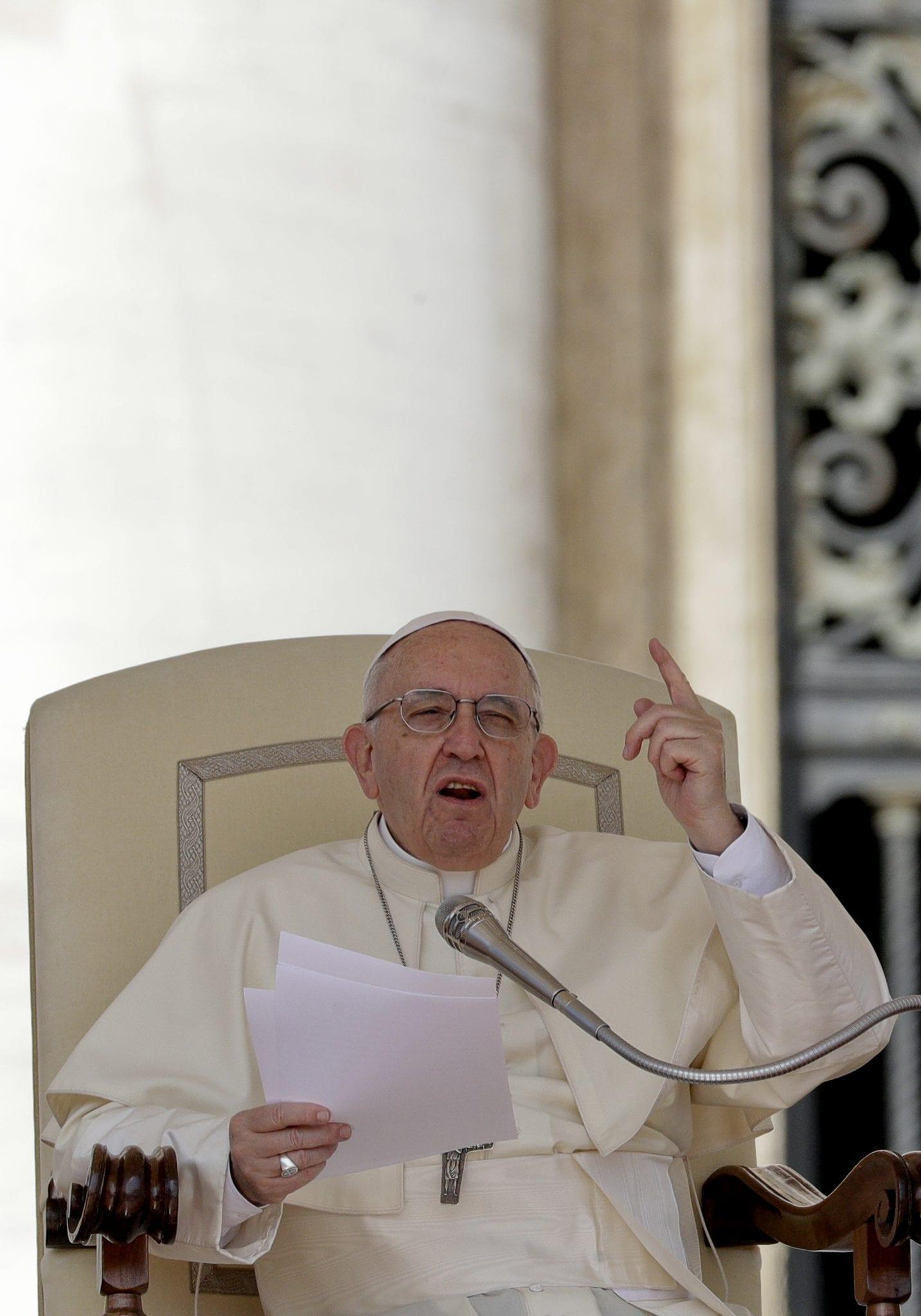As Pope Francis announced a development of the Church’s teaching on capital punishment and the ecclesial battles ensue, the feast of the Transfiguration comes as needed illumination and a readily welcomed consolation.
Tomorrow, the Church celebrates this pivotal point in the life of the Lord Jesus. Having completed a portion of his public ministry, Jesus takes Peter, James, and John, who were his key three among the apostles, away with him to a mountain. He reveals his divine nature to them as he converses with Elijah, the Great Prophet, and Moses, the Law-Giver. The two figures are central in salvation history – symbolizing the Law and the Prophets, the heart of the Old Covenant – and, therefore, their presence affirm Jesus’ claim to be the long-awaited Anointed One of God.
The details of the conversation between the three are not given by the Scriptures, but we are told that its general theme revolved around the Lord’s approaching exodus, namely, his Passion, Death, and Resurrection. This aspect is vital to the account since the conversation is followed by the voice of the God the Father. The Scriptures tell us: “Then a cloud came, casting a shadow over them; from the cloud came a voice, ‘This is my beloved Son. Listen to him’.”
And of all the different parts of the narrative, and they are vast and powerful, this singular action of divine affirmation and command is the most helpful to us right now. After the discussion on the Lord’s Paschal Mystery, the very mystery that will undo the disobedience of Adam and Eve and offer redemption to the human race, God the Father manifests the pleasure he has toward his Son and calls on the human family to listen to him.
The command wasn’t easy two thousand years ago and its not easy today. The account was spiritually describing the reality to us. If we accept and are willing to re-live the Lord’s own Passion, Death, and Resurrection in our own lives, then we must be willing to listen to him. If believers want to spread God’s kingdom, then they must follow God’s teachings.
How can anyone claim to spread the kingdom of God without the very teachings of God? With great humility, the two must be acknowledged as a package deal.
And so, Pope Francis has exercised the authority given to him by God as the successor of Saint Peter and the guardian and interpreter of the apostolic tradition. For the astute, this development was a long-time coming and shouldn’t be a surprise. The teaching now stands:
“Consequently, the Church teaches, in the light of the Gospel, that ‘the death penalty is inadmissible because it is an attack on the inviolability and dignity of the person,’ and she works with determination for its abolition worldwide.”
Admittedly, the developed doctrine shouldn’t be exaggerated, embellished or blurred, but – beyond politics or theological arguments (which is supposed to be in service to doctrine) – the believer knows that the Lord has spoken through his Church and is once again invited to “listen to him.”
It’s interesting that two different camps in the Church, for separate reasons, are attempting to usurp the doctrine and adjust it to their own devices.
On one hand, there are some theologians (or wannabe theologians) who claim the teaching is merely one of prudential judgment or application of teaching and, therefore, only requires reverent attention. If true, then in the same vein, one could argue the same thing about slavery, usury, artificial contraception, etc., etc. But this approach has never been the understanding of the Church about doctrine. The teachings have always been understood as binding, even as they might develop through the ages, since they describe the Christian way of life that leads to greater charity and holiness.
On the other hand, there are those who claim this developed doctrine as their own victory and seek to absolutize it. If this teaching is to be accepted, then – as argued above – so must all the other teachings of the Church. No one can claim a triumph on capital punishment while being silent on abortion, gay marriage, and other pressing social teachings of the Church.
And in between both of these camps, there are the theological arguments about development of doctrine, the use and definition of the word “dignity,” the sentimentality (and possible naiveté) involved in the developed teaching, as well as questions about its non-Western application in the universal Church. All of these questions can be a good thing, so long as they are in service to the doctrine and not waging war against it.
The developed teaching, placed within the Catechism of the Catholic Church, is now ordinary magisterial teaching and to the believer it calls for a religious assent of intellect and will. It should not be dismissed as mere prudential judgment. It is binding on all believers.
And so, in spite of our likes or dislikes, an invitation is given to us today. It is the same one offered to Peter, James, and John two thousand years ago: “Listen to him.”
Will we?
















